
By the time children reach EY3 and EY4, they are already acquainted with their peers and teachers and are capable of making friends and communicating with others. At this age, they are expected to show marked development in relationships, self-awareness and self-confidence. They should also be able to demonstrate an ability to manage feelings and behaviours.

▲Click to read the first article of PSED series
However, children do not always develop at the same pace in all of these areas. For example, a child may exhibit self-confidence, but may lack self-management skills. In such cases, it is important to reinforce in our children the importance of personal responsibility and adhering to rules and norms.
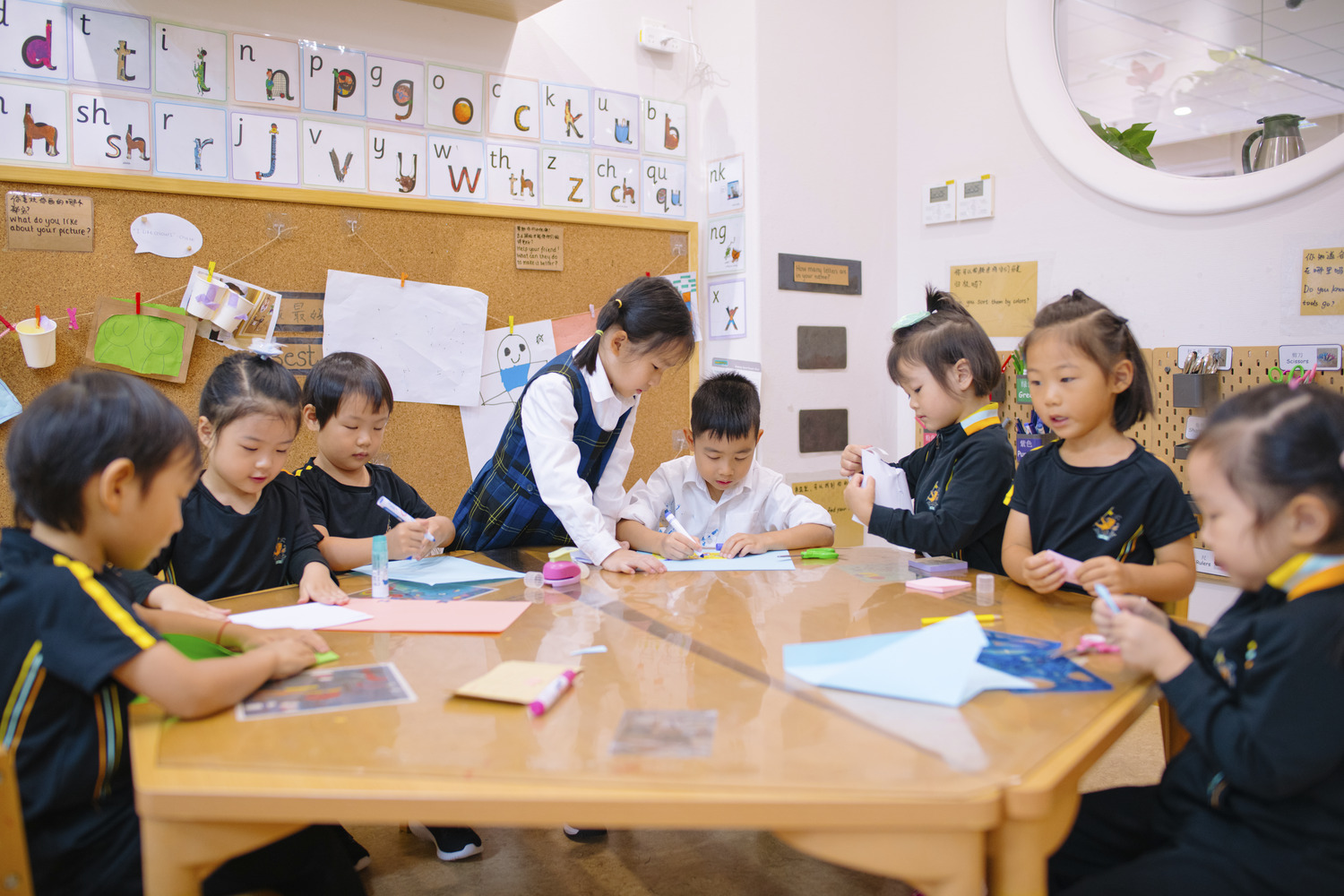
Personal, social and emotional development (PSED) is not a subject like maths or reading. It must be incorporated into every aspect of our teaching. Our EY4 class is a perfect example of the strategies our teachers apply in helping our children develop in these areas.
Developing responsibility and resilience
in our pupils
EY4 children have a list of challenges that they are encouraged to complete each week. The challenges encompass all areas of learning, such as maths, arts, literacy, and sports.
When introducing the challenges to the children at the beginning of the week the teacher will talk to them about responsibility, encouraging and supporting them into taking ownership of their own learning.
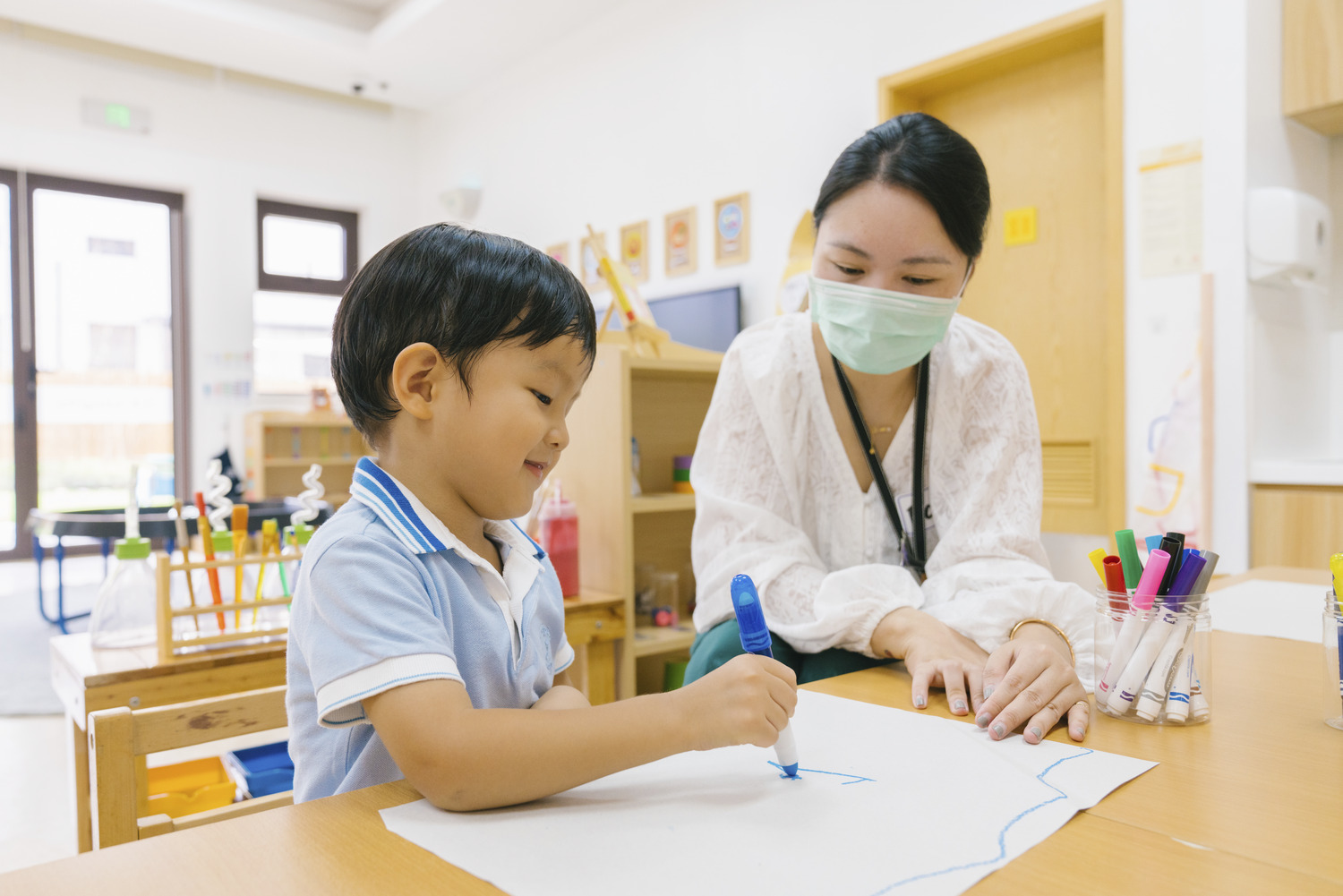
Having a class can also count as a challenge. For example, if the challenge is taking a phonics class whose theme is packing a suitcase, children will learn the words for different travel accessories.
They will then be asked to draw the items they would want to pack in a suitcase and use phonics to write their names in the corresponding blanks.
This integrated activity therefore teaches children how to identify items, writing, drawing and phonics. All of these are challenges that can help our children to build resilience. Teachers record the children’s task completions in their challenge form and once again ask the children whose responsibility it is to finish the weekly challenge list.
With practice and patient guidance from our teachers, the children eventually come to understand what it means to be responsible, and they can confidently answer, "It is my responsibility."
Showing kindness and respect
The Hiba Values, of course, play an important role in our EY4 pupils’ daily learning as well.
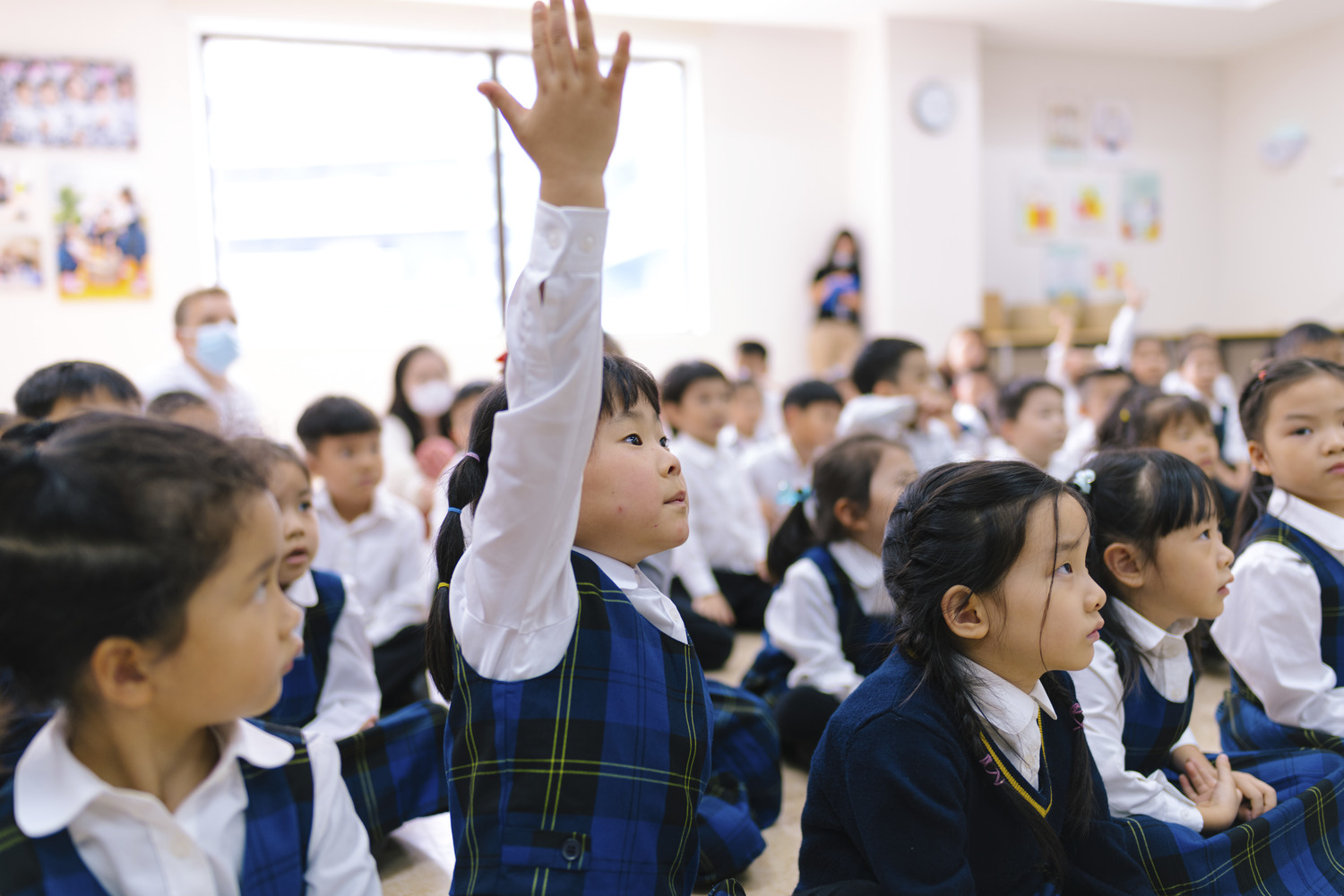
One recent incident in the classroom is particularly illustrative. In the midst of an activity, one pupil had a potentially embarrassing accident. The teacher immediately spotted the situation and the teaching assistant quickly attended to the child and cleaned them up.
The teacher explained to the class that such accidents were normal and would not demonstrate kindness if their friend was laughed at. The teacher asked the children to put themselves in their friend’s shoes and encouraged them to demonstrate empathy.
The children listened and demonstrated their compassion, with one child even sharing their own experience. Thanks to this remark combined with the compassionate atmosphere, the child was no longer embarrassed.
Compared with maths, reading and writing, a child’s qualities, characteristics, values and wellbeing are intangible abilities and hard to teach explicitly, which is why at Hiba this aspect of a child’s development is intertwined with the fabric of the curriculum.
Giving children positive feedback
PSED does not just happen in the classroom. Here are some ways that you, as parents can help your children develop:
Low confidence often stems from a fear of failure, so providing positive feedback is important.
If a child receives no feedback, they may not learn from their mistakes, and they will never be sure when they are doing things right. Moreover, if the only feedback they receive is negative, they will become overly risk averse, which can harm their self-esteem.
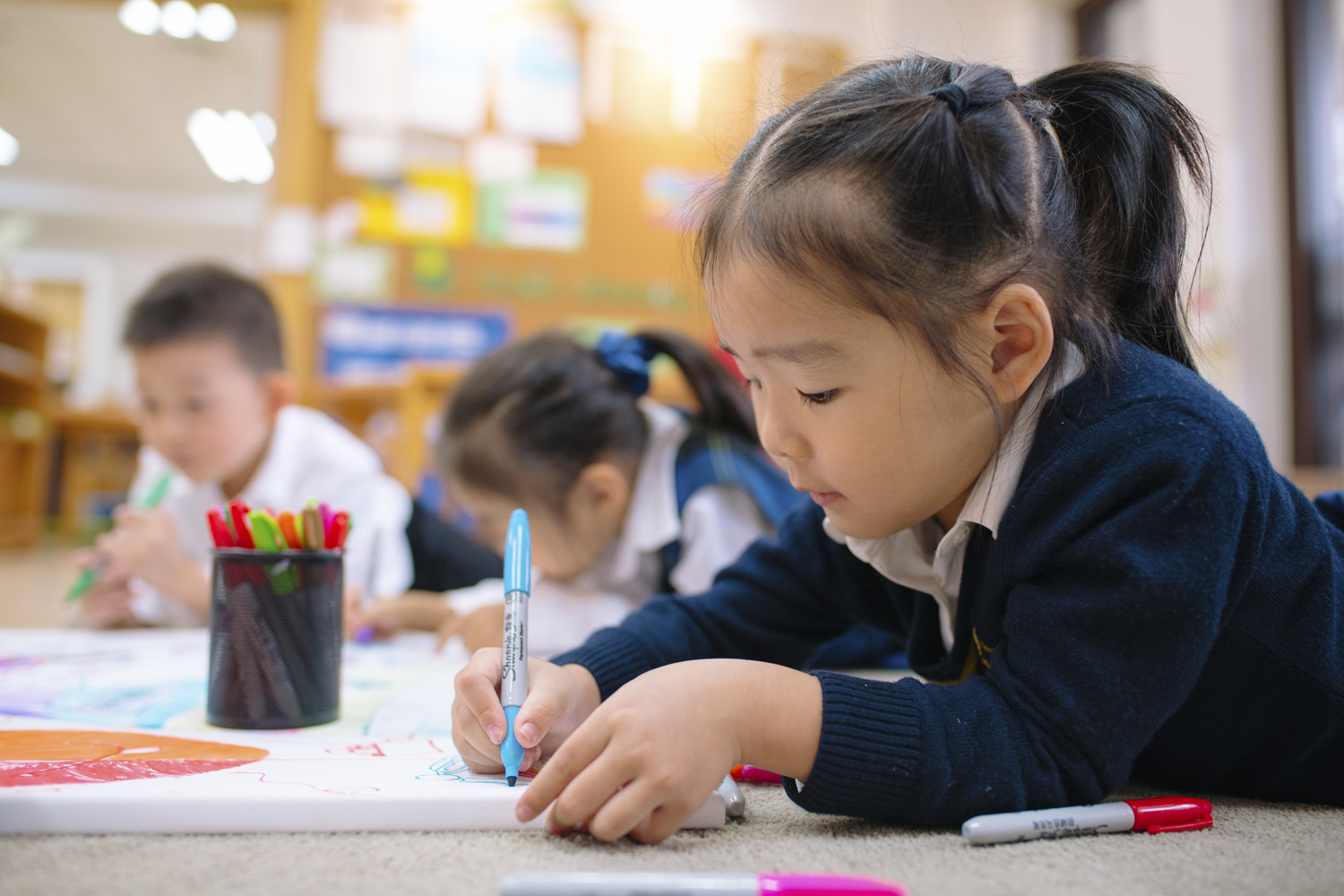
This is why it is important to give your children feedback often but try to frame it in positive light. Try to be prescriptive rather than proscriptive.
Moreover, remember that your child is not an adult, so resist the urge to understand your child's actions from the perspective of an adult. Instead, ask them why they do things the way that they do. Try to understand their viewpoint.
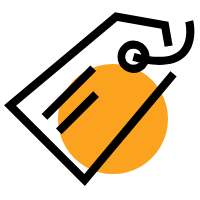
With positive words, empathy and understanding you will see remarkable progress in your child's development.